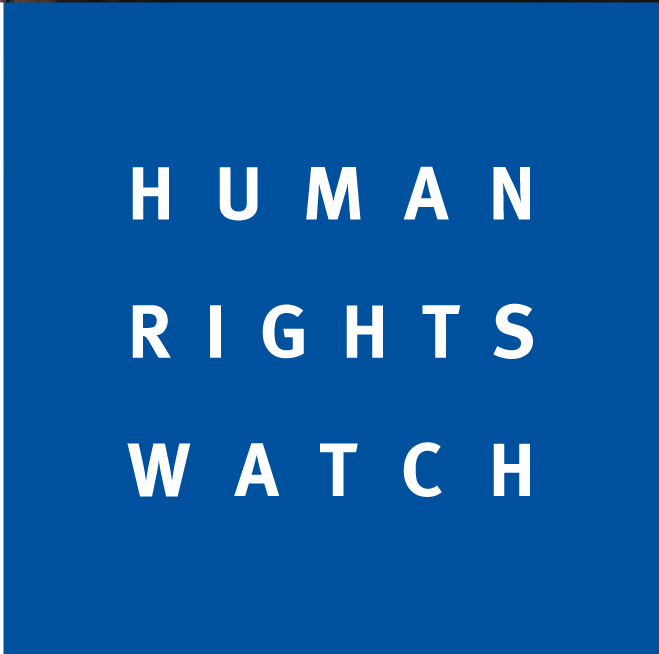Human Rights Watch: Italy should strenghten legal protection for LGTB people

Human Rights Watch has affirmed that the Italian Chamber of deputies should adopt the strongest possible measures against discrimination and violence based on sexual orientation and gender identity. The debate on the bill to reform existing anti-discrimination legislation took place in the Chamber on 26th July 2013.
Judith Sunderland, senior Western Europe researcher at Human Rights Watch, has maintained that “Italy lags behind many of its neighbors in recognizing that discrimination based on sexual orientation or gender identity is wrong”.
The bill would amend a pillar of Italy’s anti-discrimination legislation, the Mancino Law of 1993, to make it an offense to instigate or commit discrimination or acts of violence on the grounds of “homophobia or transphobia”. In fact, existing Italian law prohibits such acts only on the grounds of race, ethnicity, nationality, and religion.
The bill had initially envisioned increasing penalties for crimes committed with the aggravating circumstance of hatred based on sexual orientation and gender identity. Afterwards, the enhanced penalty provision in the bill was dropped to reach the compromise text.
Human Rights Watch documented problems with the application of the aggravating circumstance provision in a 2011 report on the state response to racist violence in Italy. Prosecutors and the courts have often interpreted the law to apply only to cases in which racial hatred was the sole motivation. That has resulted in the prosecution of serious racist crimes as though they were ordinary offenses if the suspect appeared to have multiple motives for the attack.
The approach of the courts is evolving, but the Human Rights Watch research found that the restrictive wording of the statute, which speaks of hate “purpose” rather than “motivation,” and its failure to acknowledge explicitly the possibility of mixed motives, is problematic. Moreover, Human Rights Watch has maintained that, in the long-term, Parliament may also need to amend the face of the law to clarify that it applies in cases of mixed motives.
Similar attempts to introduce clear LGBT anti-discrimination measures have foundered in the face of fierce opposition, in 2009 and again in 2011.

